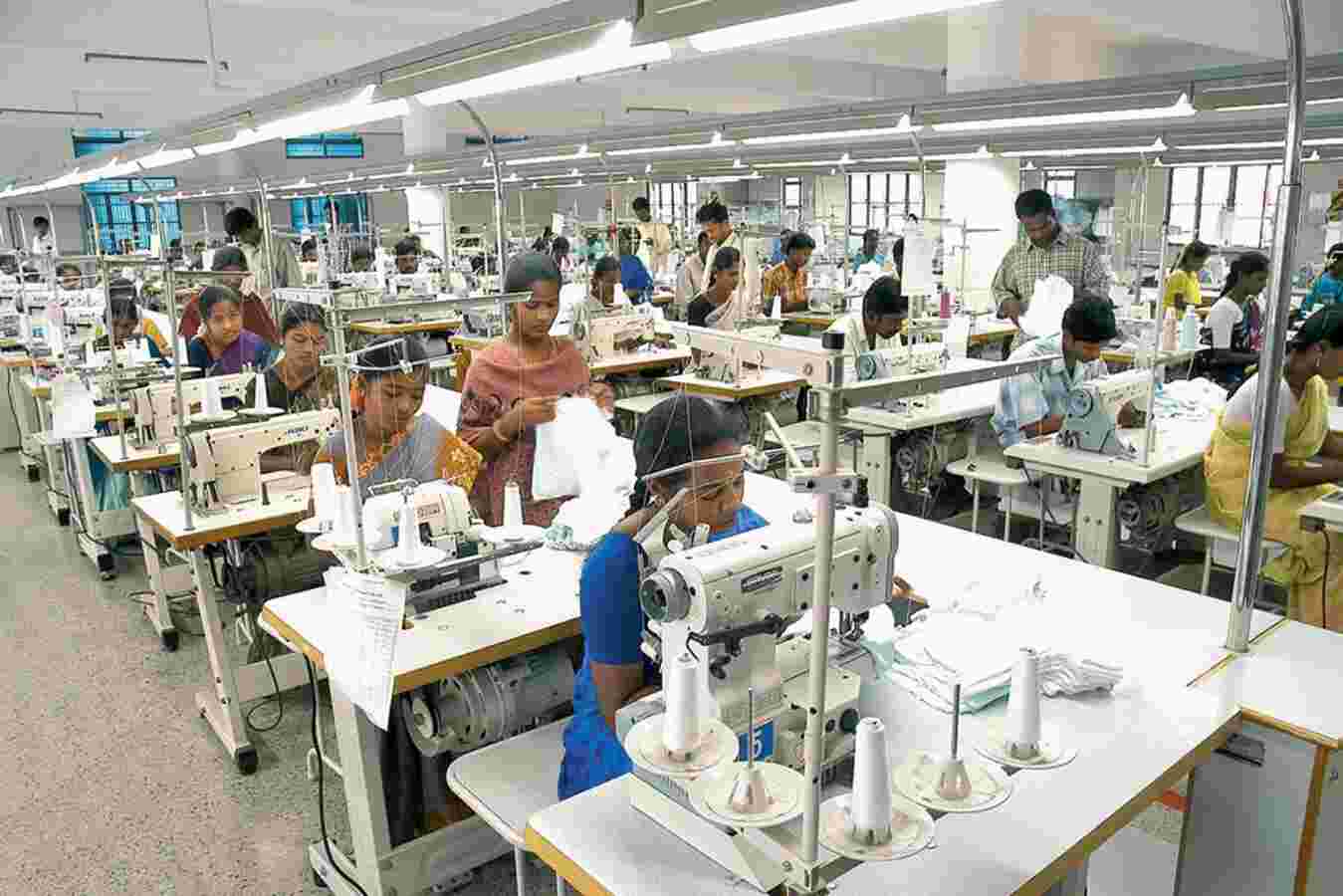Need for more succour
Though the government has come up with provisions to relieve the hard-hit sectors including MSMEs, farmers and labourers; greater impetus is required

Providing major relief to businessmen, the Union Ministry of Commerce relaxed the conditions of prioritising "Make in India" products in public procurement of goods related to the treatment of COVID-19. The exemption will be applicable till September 30, 2021. Notably, the Central Government had introduced the 'Make in India' concept for promoting domestic production of goods and services, increasing the income of businessmen, generating employment etc. According to this provision, if the government procurement is less than Rs 50 lakh, then the concerned ministry or the department will have to give priority to the local suppliers. If the government purchase is more than Rs 50 lakh, then the ministry or the department will have to make 20 per cent of the purchases from local suppliers.
Also, Central Board of Indirect Taxes and Customs (CBIC) has given priority to the refund of excess tax paid for providing relief to Micro, Small and Medium Enterprises (MSMEs). The settlement of duty drawback claims in the second fortnight of May is also introduced. CBIC asserts the need to settle the refund of excess tax payment by MSMEs and the claim of duty drawback at the earliest so that MSME can get immediate relief in the pandemic.
CBIC has further reviewed the notices issued due to minor reasons in cases of refund of excess payment of tax to the MSME taxpayers. However, the government needs to settle the pending claims related to Goods and Services Tax (GST) as well. In this respect, the government should arrange the refund of input tax credit for exports and refund of additional tax payment. With this move, the commoners and MSMEs could get further relief.
The Prime Minister distributed the eighth instalment of the Pradhan Mantri Kisan Samman Nidhi scheme on May 14, 2021 through video conferencing. Under the scheme, the Central Government gives Rs 6,000 every year to each farming family. So far, Rs 1.16 lakh crore has been transferred to the farmers' account. Earlier, on December 25, 2020, Rs 2,000 was transferred to the accounts of about nine crore farmers under the seventh instalment of the scheme.
So far, Rs 1,35,000 crore has been deposited in the accounts of nearly 11 crore farmers of the country. More than Rs 60,000 crore of the amount has been deposited in the accounts of farmers during the corona period.
To relieve the farmers, the government has directed the banks to extend the date of repayment of all short-term loans up to Rs three lakh for agricultural and allied activities to June 30, 2021. The government also instructed the banks to provide a benefit of four per cent interest subvention to farmers in this extended period. The Banks will also charge two per cent lower interest on those loan accounts for which payment of instalments and interest has been timely. During the pandemic, the government is running a scheme for providing free ration to the poor. Through the Pradhan Mantri Garib Kalyan Anna scheme, free ration has been given to the poor for eight months in the year 2020. There is a proposal of free rationing to more than 80 crore needy people of the country this year.
Further, at the scheduled 43rd meeting of the GST Council on May 28, a relief is expected for MSMEs. As the second wave of the pandemic has resulted in a significant decrease in the sale of two-wheelers, a logical cut in the GST rate on two-wheelers is proposed. The gas coming through pipes in the houses is to be brought under the ambit of a three-tier GST structure. The lowest tax rate can be five per cent for gas used in households, 18 per cent for gas used for commercial purposes and 28 per cent for CNG used in vehicles. At this meeting, the removal of GST on vaccines can also be considered.
There is also a need to bring reforms in tax structure in areas such as fertilizer, steel utensils, solar modules, tractors, tires, electrical transformers, pharma, textile, railway locomotives etc. In the case of many products, the tax imposed on raw materials is more than on the finished goods. For example, a 10 per cent tax is levied on imported tires, while raw materials attract a duty of 20 per cent. Similarly, no duty is imposed on solar modules, while the components used in it are taxed between five and 10 per cent. MSMEs can get some relief in the pandemic if such anomalies are removed immediately.
During the pandemic, the MSMEs, labourers and farmers need to be given maximum relief. Keeping this in mind, the government has taken some measures but there is a need to provide more relief because even though the second wave has not seen nationwide lockdown, in many states economic activities have been affected due to the imposition of regional lockdowns. There is a need to provide more relief to MSMEs, labourers and farmers at the earliest.
Views expressed are personal



